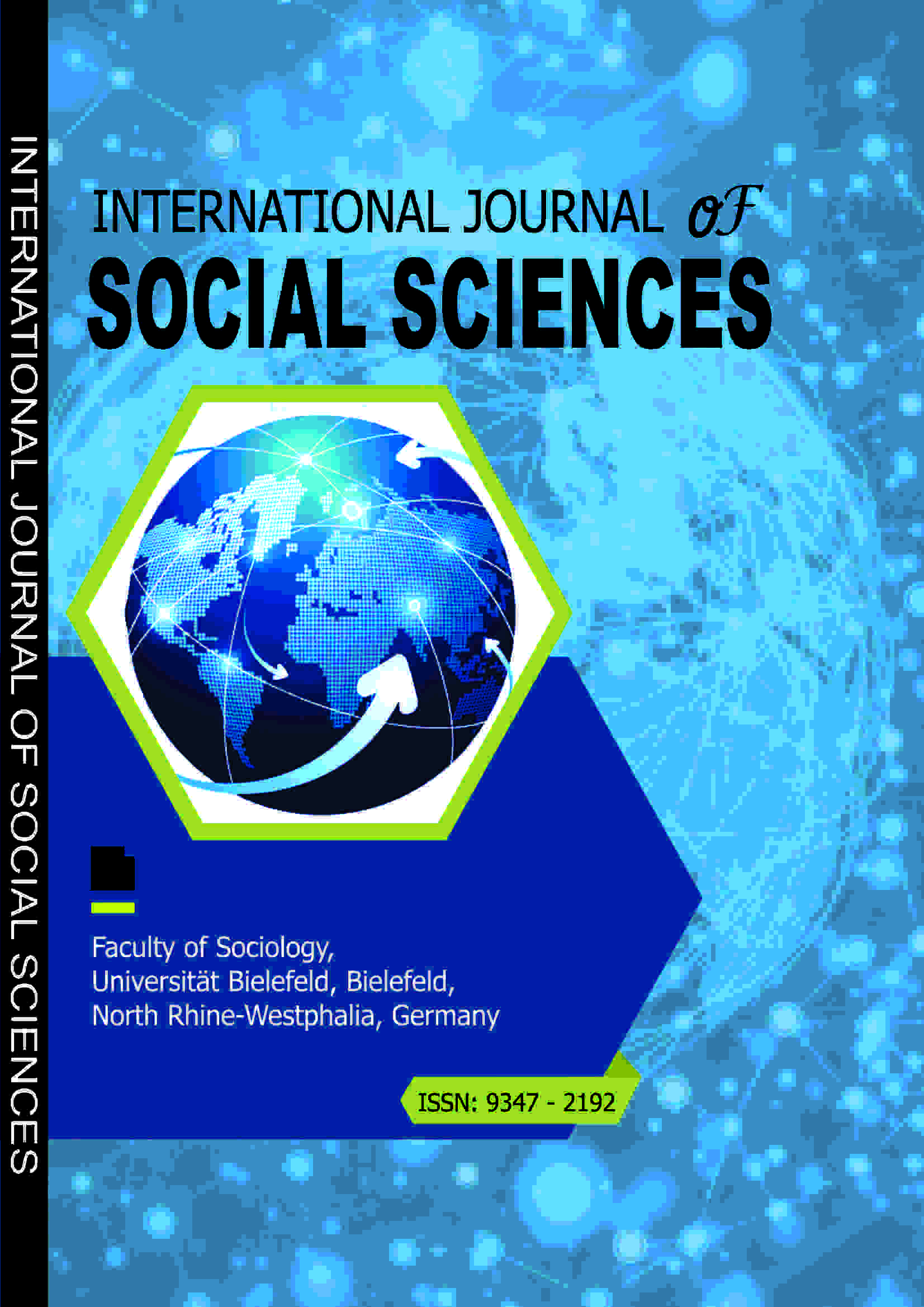INTERNATIONAL JOURNAL OF SOCIAL SCIENCES (IJSS)
Paranoia and Agency in Muriel Spark’s The Prime of Miss Jean Brodie
E-ISSN: 7885-4322
P-ISSN: 9347-2192
DOI: https://iigdpublishers.com/article/876
This article argues that Muriel Spark's The Prime of Miss Jean Brodie fictionalizes generated paranoia and the loss of agency and individuality due to being watched constantly during the Cold War. The novel challenges the suspension of democratic rights during the period and the use propaganda as a tool for social control. It exposes the propaganda used during the Cold War and its influence on the creation of docile bodies through institutions. Moreover, this article argues that Spark not only questions the totalitarianism of the Communist Soviet Union, but she also castigates infringement of civil and democratic rights under surveillance in the UK during the period. It shows how the novel uses fiction and propogandist techniques, such as black propaganda, to counteract forces of state power and defy the generated paranoia.
Pesheng Abdalstar Salih
Aryan, Arya (June 2019). The Traumatised Shaman: The Woman Writer in the Age of Globalised Trauma. Alluvium (special issue). https://alluvium.bacls.org/2019/07/01/the-traumatised-shaman-the-woman-writerin-the-age-of-globalised-trauma/
Aryan, Arya (2020). The Post-war Novel and the Death of the Author. Palgrave Macmillan.
Aryan, Arya (2021). Fiction as Therapy: Agency and Authorship in Samuel Beckett's The Unnamable. Exchanges: The Interdisciplinary Research Journal, 9(1), 107-123. https://exchanges.warwick.ac.uk/index.php/exchanges/article/view/428
Aryan, Arya (2022). The Postmodern Representation of Reality in Peter Ackroyd's Chatterton. Cambridge Scholars Publishing.
Aryan, Arya (2023). The Literary Critic and Creative Writer as Antagonists: Golding’s The Paper Men. Interdisciplinary Literary Studies: A Journal of Criticism and Theory, 25(3), 338-353.
